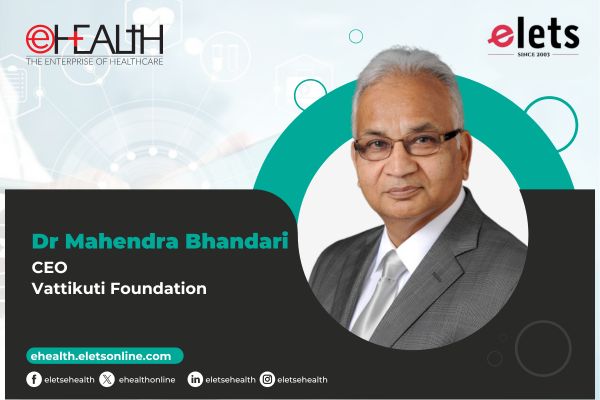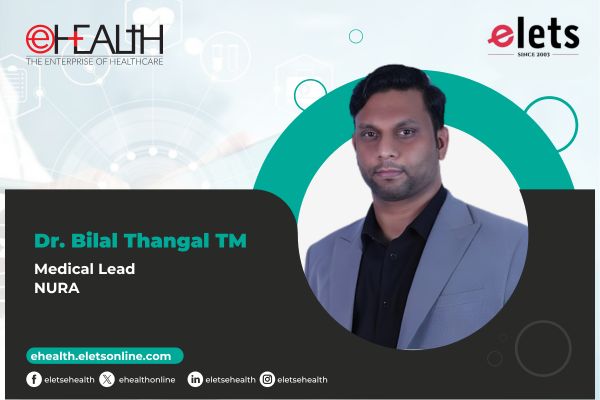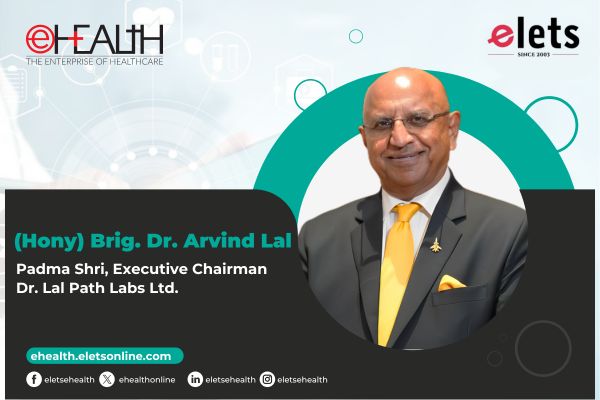 In 1966, the Department of Hospital Administration was established at the All India Institute of Medical Sciences (AIIMS), New Delhi. As the specialty of Hospital Administration gained momentum in India a formal professional body of hospital administrators was conceptualised and Academy of Hospital Administration (AHA) came into existence in 1987. AHA became the first institution in India to impart education in Hospital administration through its distant learning programme. Currently AHA is expanding into new areas of healthcare education.
In 1966, the Department of Hospital Administration was established at the All India Institute of Medical Sciences (AIIMS), New Delhi. As the specialty of Hospital Administration gained momentum in India a formal professional body of hospital administrators was conceptualised and Academy of Hospital Administration (AHA) came into existence in 1987. AHA became the first institution in India to impart education in Hospital administration through its distant learning programme. Currently AHA is expanding into new areas of healthcare education.
eHEALTH spoke to Major General (Retd.) Dr. S K Biswas – one of the founding members and patron of AHA, to know about the academy and the profession of hospital administration.
Q. Can you take us through the journey of AHA?
A. In the year 1966 the Department of Hospital Administration was established at the AIIMS. As with the years the specialty of hospital administration gained importance in hospitals, interactions of the hospital administrators at various forums felt the need to have a professional body of hospital administrators. And, in 1987 Academy of Hospital Administration or AHA got established. In 2005, AHA moved to Noida owing to the space crunch as the number of students enrolling for the programs had increased. Also, AHA collaborated with IGNOU to add credibility to its distant learning programmes.
Q. Can you briefly tell us about the new courses?
A. In 2007 AHA launched a six-month post graduate certificate programme in Quality Management and Accreditation of Health Care Organisation through distant learning. In 2008, for the first time AHA launched a full-time course in Hospital Administration. It is a twin degree programme with PGPHA combining with MBA in partnership with the Hierank Business School. And this year AHA is adding two new courses to its portfolio: PG diploma in Health and Law and PG diploma in Medical Architecture.
Q. How has the role of hospital administrators changed with the entry of corporate hospitals in the Indian healthcare industry?
A. Government-run hospitals are yet to recognize the importance of hospital administrators. Most of them still feel that their role in running a hospital is not indispensable. It’s generally seen that their contribution in running a hospital is undermined by doctors. However, private hospitals value them and that’s the reason we have seen a rise in the demand of health administrators in recent years.
Another change which has come is that nowadays we see health administrators from non-medical background. I believe non-medicos can make better administrators because unlike doctors their minds are less occupied. Therefore, they are better performers. On the other hand, the skills of a doctor should not be wasted especially in developing countries where the doctor to patient ratio is already low. Moreover, most of the work health administrators do in administration doesn’t require medical knowledge.
Q. Comment on the current scenario of health care administration education in India?
A. Definitely, in many ways education has improved in recent years but at the same time many institutes have come up which attractively package their programmes to charge exorbitant fee from the students. Such institutions lack well-qualified faculty, training material and work experience to standardise the training programmes, as their concern is not to produce competent students for the industry.

Be a part of Elets Collaborative Initiatives. Join Us for Upcoming Events and explore business opportunities. Like us on Facebook , connect with us on LinkedIn and follow us on Twitter , Instagram.
"Exciting news! Elets technomedia is now on WhatsApp Channels Subscribe today by clicking the link and stay updated with the latest insights!" Click here!















